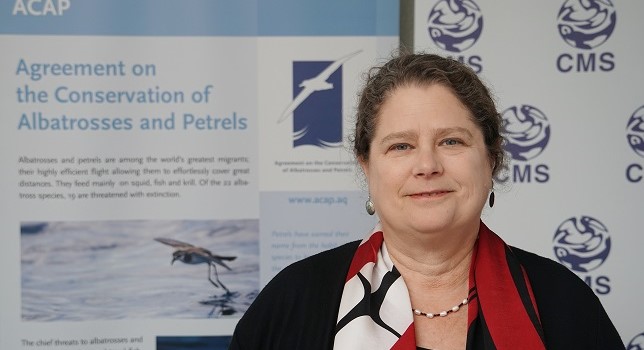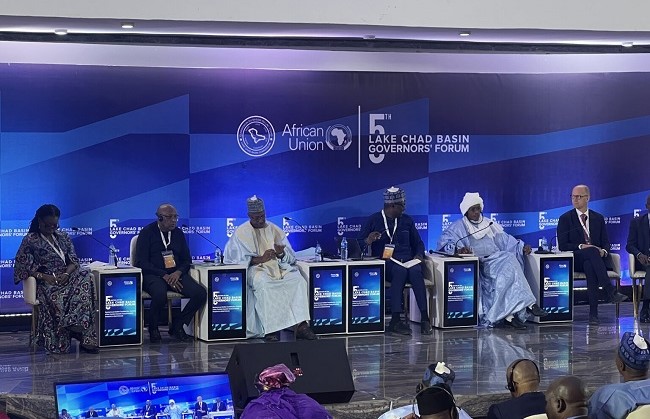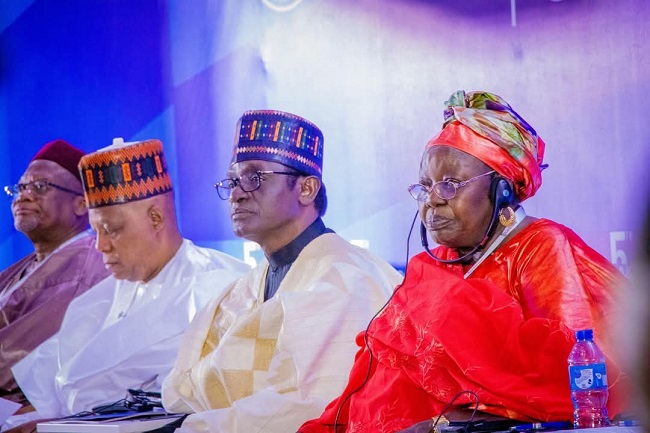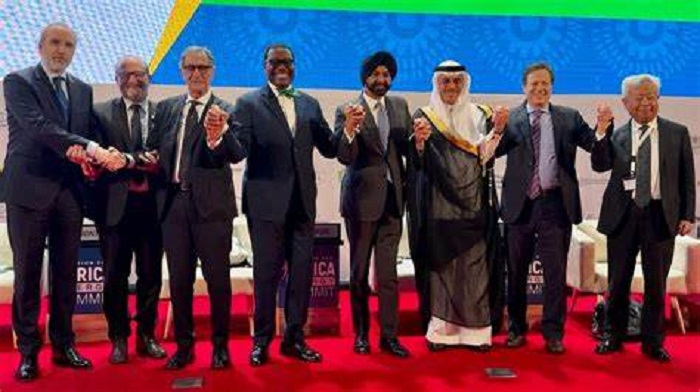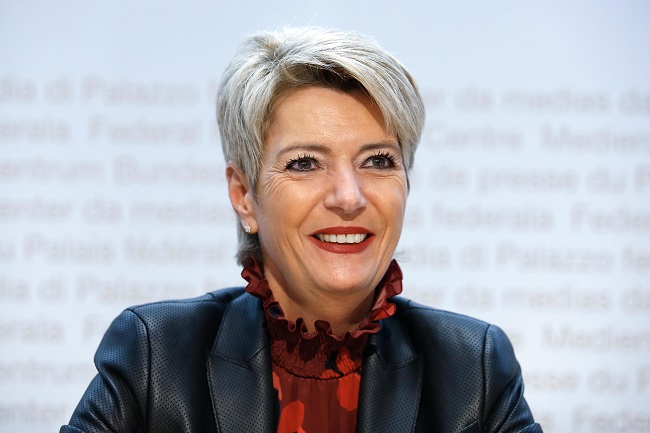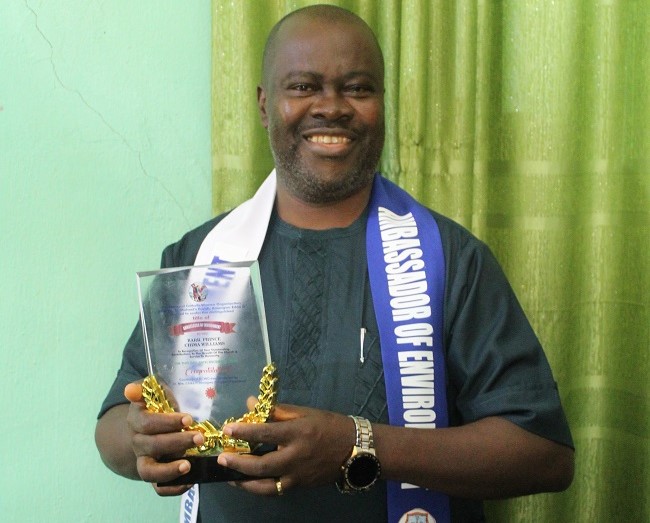The National Union of Electricity Employees (NUEE), the Amalgamated Union of Public Corporations Civil Service Technical and Recreational Services Employees (AUPCTRE) and two civil society organisations – the Renevlyn Development Initiative (RDI) and the Citizens Free Service Forum (CFSF) – have decried the precarious electricity situation in the country, urging the Nigerian Senate to urgently convene a Public Hearing on the sector’s performance since 2013.

The groups, in a letter to the Nigerian Senate dated January 27, 2025, said that the electricity sector privatisation has failed Nigeria’s over 230 million people with power generation still oscillating between 4,000 megawatts and 5,800 megawatts, in addition to incessant power grid collapse which is now a huge embarrassment to the nation.
The letter, addressed to the Senate President, Dr. Godswill Akpabio, was jointly signed by Comrades Adedeye Adebiyi and Dominic Igwebike, NUEE National President and General Secretary respectively, Comrades Benjamin Anthony and Sikiru Waheed, AUPCTRE National President and General Secretary respectively, Comrade Sani Baba, Executive Director of CFSF and Philip Jakpor, Executive Director, RDI.
The position of the groups is coming a month after they organised a one-day Symposium on the Socio-Economic and Political Implications of Privatisation of Public Assets and the Way Forward which was held in Lagos in December 2024, where they x-rayed the report of the Senate Committee on Power which investigated frequent national grid collapses and related issues, and came to the conclusion that the sector was in turmoil.
In the letter, the groups noted also that the hike in electricity tariffs and the balkanization of Nigerians into electricity bands, suggesting who should get electricity the most, has equally created an unnecessary class system in the society. As a result of these, Nigerians are forced to depend on electric generators at huge financial, environmental and health costs.
They urged the Senate to immediately convene a Public Hearing and invite Nigerians to relate their experiences in the last 12 years of the electricity sector privatisation. Another key demand is a halt to World Bank and International Monetary Fund (IMF) suggested initiatives on privatising Nigeria’s public assets under the Public Private Partnership (PPP) or any model that places profits over service delivery and human rights.
They want, instead, the adoption of the Public-Public-Partnership model which has proven to be successful as against privatisation which is inefficient and has become a conduit pipe to fleece the nation, as well as sustained investment in human capital development in the public sector to pave way for efficiency and transparency in their operations.
They also demanded an end to practices that unfairly target workers in exercises that are carried out to strengthen government institutions and advocated that workers should be regularly trained and rated based on performance.



